Next to what you can and cannot plant bitter peppers, how to choose a neighborhood in the garden
Not every gardener knows which vegetable crops have a beneficial effect on the growth and taste of pepper, whether it is possible to plant sweet and bitter peppers next to it, which he does not tolerate at all, and why it grows poorly. It is necessary to know this, because sometimes it is precisely those plants that are nearby that affect the yield. Some help growth and development, others destroy, transfer pests and select vitamins. Sometimes you have to plant some crops from each other at a very large distance.
They dream of growing bitter peppers many gardeners, but doubt the correct choice of a place for it. There are several nuances that help determine exactly what hot pepper can be planted next to so that it does not harm other crops. Everything that we plant and grow in summer cottages should bring good yields.
Growing hot pepper
In the northern regions, pepper is usually grown from seed, and then the seedlings are planted in loosened soil. They are planted in open ground mainly only in warm areas. Pepper is very fond of well-dug soil, fertilizers and high-quality watering. In order for it to grow well and to give fruit quickly, they take stepson, cut off the tops, and feed it with organic minerals. In the open field, maturation is slower and the maintenance will be more thorough. Chile prefers warmth.
Main care is the same as for all heat-loving plants. It is necessary to weed the weeds, spray, water well twice a week, and also feed with the necessary fertilizers.
Hot peppers can be propagated by seeds and shoots. Small shoots are cut off, placed in water, and then after a while they grow roots. Many people grow this culture at home on the windowsill. The seeds can be dried and germinated for the next year.
Bitter peppers are harvested in mid-summer or autumn. There is no need to wait until it is overripe, but to pick more green fruits. It is perfectly stored in winter, it is used for seasonings, added to snacks and pickles. Its benefits are in enhancing immunity and improving metabolism. It contains a lot of vitamin C, A, B, iron. They say about him that he contains hormones of joy.

Favorable neighbors for this variety
It is very important for lovers of pepper sharper to know which plants have a beneficial effect on its development, which neighborhood will improve the growth and nutrition of the fruits, and not take away all the juices. Few have detailed information on what to plant this hot vegetable next to.
It is best to plant hot peppers with those seedlings that have a beneficial effect on it. A pepper planted with its enemies is sick, does not bear fruit, becomes covered with pests, withers.
Good neighbors next to hot peppers are different herbs.There should not be too much of it, thickets of grasses can pull nutrients from the root system of nightshades. And weeds are harmful in that they transmit diseases and bad insects. Can be planted a little on the edge or in the middle between bushes. It can be chamomile, mint, coltsfoot, nettle, spinach, lettuce. They strongly influence the early appearance of fruits.
Also, herbs such as basil, dill, thyme, cilantro grow very well nearby. They affect the additional flavor of the hot pepper. The most important thing is to make sure that there is not a lot of shade, since the vegetable does not like this. There should be many times more hot vegetable than the rest of the greens.
It is very useful to plant tomatoes nearby. They seem to help each other grow faster. And if you plant a little garlic between them, it will drive away all harmful insects.
In one greenhouse, you can plant peppers next to eggplants. They are similar in terms of ripening, planting and care. And do not interfere with each other's development.
A good neighborhood will be with carrots, onions, cabbage. They can be planted in the nearest beds. Then you will be able to grow tasty healthy vegetables.
What is forbidden to plant
There are some plants that are completely incompatible with red pepper. The negative influence is felt even if the neighbor is in the garden nearby. Sometimes the pepper also harms the taste of other vegetables that are planted with it.
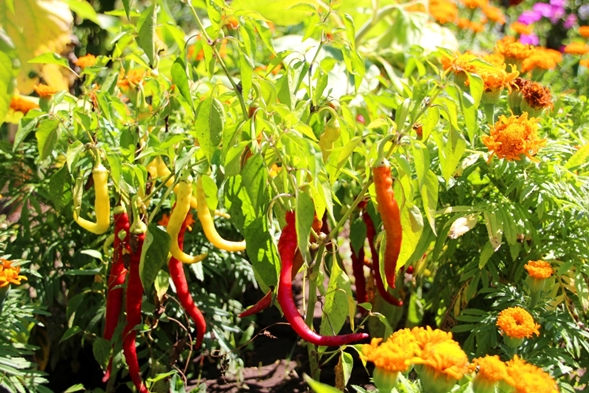
Don't plant fennel with this seasoning. This will cause diseases of the first, the foliage will wither, and the fruits will not be able to develop normally, since fennel selects everything for its development.
Beets are not a very good friend either. It grows very rapidly, reaches for the sun, suppresses most of the roots with its strength. Therefore, it is important to know at what distance it is better to seat them.
Pepper is not friendly with potatoes. For tubers, it is better to find a place away from everyone in the country. He takes all the minerals and vitamins from other crops, since he always needs a lot of them for development and growth.
Bitter and sweet peppers should not grow on the same bed. If they are nearby, they will begin to pollinate each other, and subsequently there will be a lot of bitterness in the bell peppers, and a completely different taste will be transmitted from the sweet. Their flowers transmit pollination to each other, resulting in new species. That is, the necessary seasoning will no longer be from the pepper.
Next to sweet, spicy pepper will lose all its beneficial properties, it will become a completely different variety, not the one it was before. Therefore, it is better to plant a sweet vegetable in another greenhouse along with cucumbers and tomatoes. By separating the hot and Bulgarian peppers, the yield and taste will be better.
After what plants are planted
There is an important rule: you need to make sure that you do not plant the same varieties from year to year, and also to monitor after which plants you can sow this variety. Indeed, often the reason for a low yield is that before that, an enemy was planted in the place of the pepper.
It is very important to plant seedlings on rested ground, which means that before that, exactly those varieties grew that would not harm the vegetable. Plants need to be swapped. For example, melons and gourds. Melons, watermelons, zucchini, eggplants, pumpkins are plants, after which chili will give even, tasty fruits.
The same theme with cucumbers. After them, the land is most favorable for growth. If there are several greenhouses in the country, then it is worth changing the planting in them from year to year.
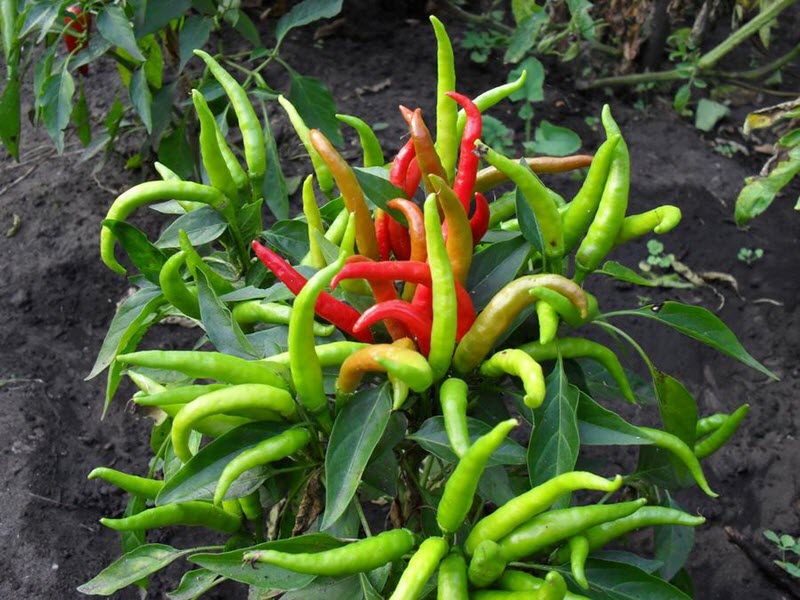
And the earth after beans, peas and beans is saturated with potassium and phosphorus minerals, which is very useful for piquant peppers. It grows best from compost, humus, potassium, phosphorus and magnesium. You should know after which plants the vitaminized soil is obtained.
If grasses grew on the ridge last year, the earth will be rested, the fruits - with bright taste properties.Herbs provide essential minerals and humus to the soil, which is very important for nightshades.
Do not plant peppers after tomatoes, eggplants, beets, potatoes, bell peppers. These plants are of the same family of nightshades, the same species has a detrimental effect on seedlings. They suffer from the same diseases, they have the same insects, they adopt useful substances from each other.
It is important to remember which plants can be planted next to hot peppers and which cannot be planted. The compatibility of vegetable crops greatly affects their growth. Sometimes it happens that he himself prevents other varieties from developing correctly. If you correctly draw up a plan for planting in the garden, ensure a favorable neighborhood of vegetables, then there will never be mistakes, as a result you will get an excellent harvest.
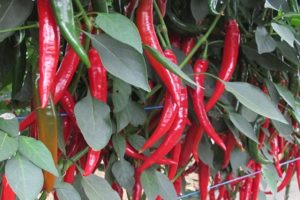
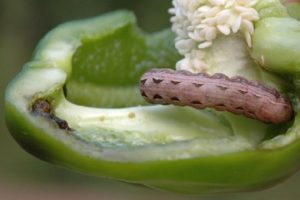
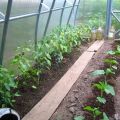
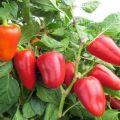
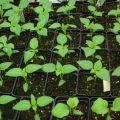
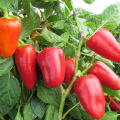
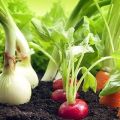

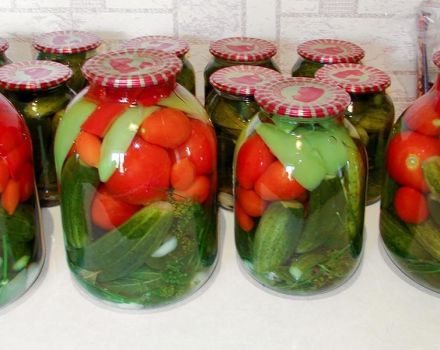
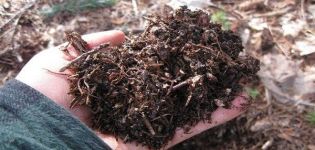
I also use these tips, because once I planted sweet and bitter peppers next to it, in the end they were left without sweet) And for better growth I always use BioGrow, the yield is higher and the plants do not get sick.